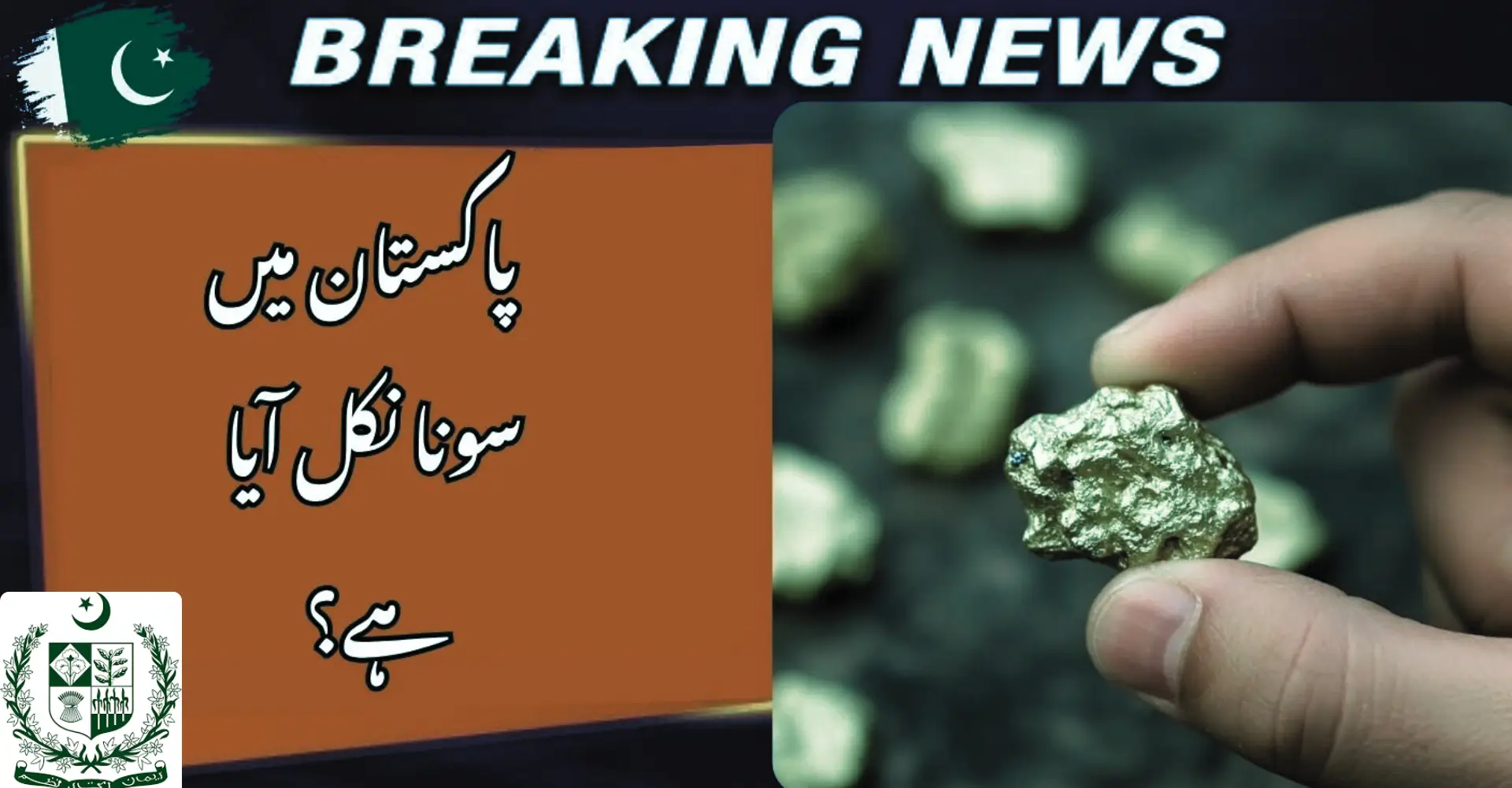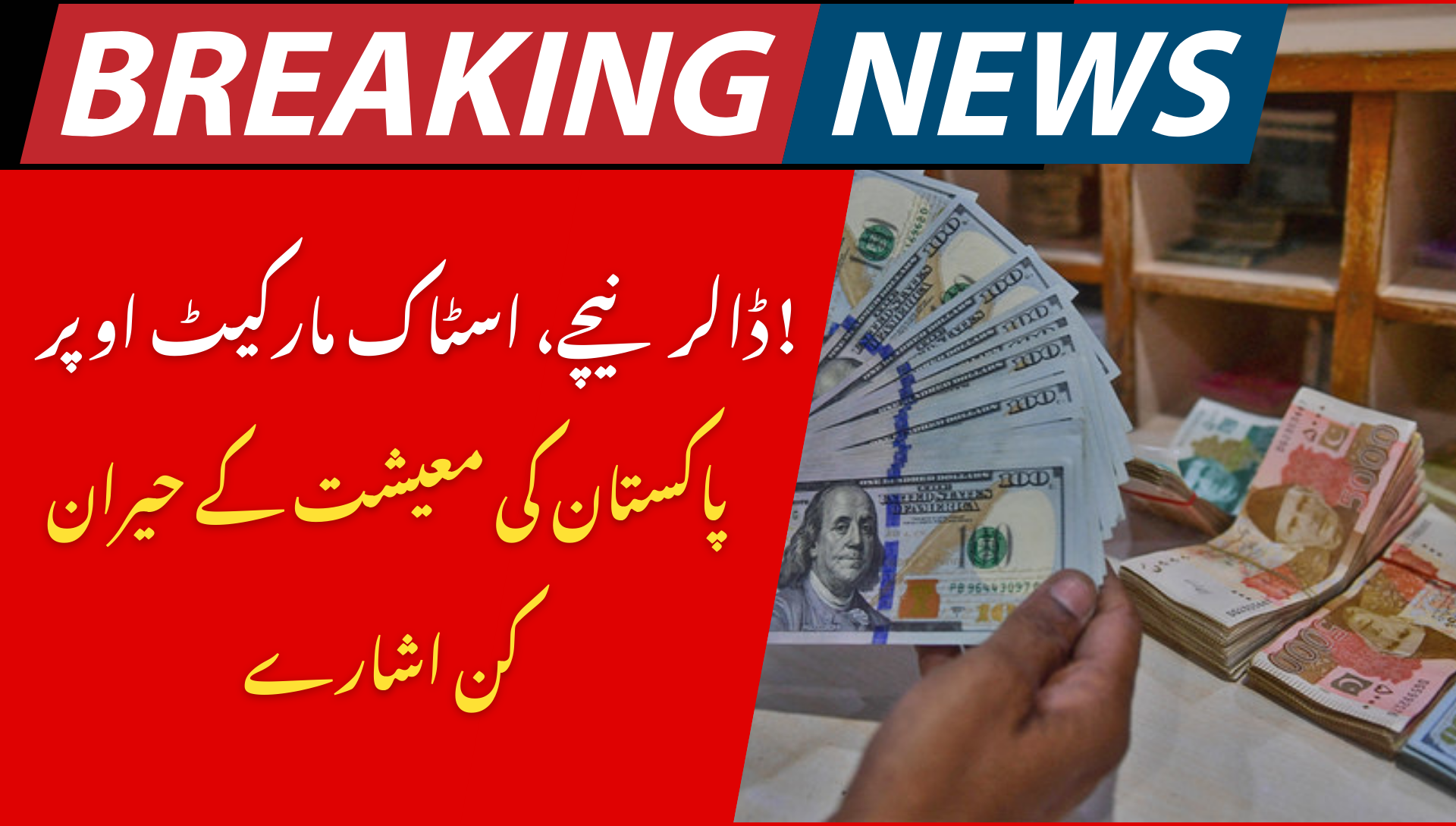Pakistan Discovers Gold Along the Indus River: A New Hope for the Economy 2025. In an incredible turn of events, Pakistan has discovered gold along the Indus River in Punjab’s Attock district. Experts believe this could be one of the most promising mineral discoveries in recent years. With an estimated 2.8 million tolas of gold (around 32,000 kilograms), the Indus River gold discovery 2025 has the potential to reshape Pakistan’s struggling economy.
we, will break down the details of this discovery, its potential impact on Pakistan’s economy, and what steps the government needs to take to turn this golden opportunity into long-term prosperity.
What Exactly Was Discovered?
Geological Survey of Pakistan’s Findings
Experts from the Geological Survey of Pakistan (GSP) uncovered placer gold deposit small particles of gold found in river sands and gravel near the meeting point of the Kabul River and the Indus River.
These tiny gold pieces are naturally washed down from the mountains and trapped along riverbeds, forming valuable alluvial gold reserves.
| Detail | Information |
|---|---|
| Location | Attock District, Punjab |
| Discovery Type | Placer (Alluvial) Gold |
| Estimated Quantity | 2.8 million tolas (~32,000 kg) |
| Estimated Value | PKR 600–800 billion |
| Discovered By | Geological Survey of Pakistan (GSP) |
| Planned Oversight | NESPAK (National Engineering Services Pakistan) |
The Punjab government has officially requested NESPAK to design a safe and efficient gold mining strategy to ensure sustainable extraction.
Why This Discovery Matters for Pakistan
1. Boost to the National Economy
Pakistan’s economy has faced serious challenges from inflation to shrinking foreign reserves. Discovering such a massive gold reserve could be a game-changer.
If managed well, gold mining can:
- Strengthen Pakistan’s foreign exchange reserves.
- Reduce dependency on imports and foreign loans.
- Create thousands of direct and indirect jobs.
- Encourage domestic and foreign investments in the mining sector.
2. Job Creation and Regional Development
The Attock gold project could transform the local economy. With proper planning, the region can benefit from:
- Mining-related employment for local communities.
- Infrastructure improvements (roads, water, housing).
- New small and medium enterprises supporting mining operations.
3. Foreign Investment Attraction
International investors often look for mineral-rich developing countries. With this Indus River gold discovery, Pakistan could attract partnerships and joint ventures from countries experienced in mining such as Australia, Canada, and South Africa.
How the Government Plans to Proceed
The Punjab government is taking a cautious but strategic approach. Officials are currently:
- Conducting scientific surveys and sample testing.
- Designing environmental protection plans.
- Shortlisting areas suitable for controlled gold mining.
- Preparing clear legal frameworks to regulate extraction and prevent illegal mining.
According to NESPAK, the first phase will focus on feasibility and environmental sustainability before allowing commercial mining.
Challenges in Gold Mining Along the Indus River
While the discovery is exciting, the path to extraction won’t be simple. Here are the main challenges Pakistan faces:
1. Environmental Risks
Mining in river areas can disturb ecosystems, harm aquatic life, and alter natural water flow. The government must enforce strict environmental policies and use eco-friendly technology to avoid irreversible damage.
2. Illegal Gold Extraction
Reports already show some illegal gold digging activities by locals in Attock. This can lead to resource loss, pollution, and unfair exploitation.
To stop this:
- Law enforcement must secure mining sites.
- Heavy penalties should be introduced for unauthorized gold mining.
3. Lack of Modern Technology
Gold extraction from rivers requires advanced machinery such as dredgers, separators, and filtration systems. Pakistan currently lacks this infrastructure.
The solution lies in partnerships with global mining firms to transfer technology and knowledge.
4. Policy and Regulatory Delays
Pakistan has often struggled with slow policy implementation. To capitalize on this gold discovery, the government needs:
- Transparent licensing procedures.
- A national mineral development plan.
- Incentives for sustainable investors.
Economic Impact: How Much Could Pakistan Gain?
Let’s visualize what this discovery means financially:
| Category | Estimated Value (PKR) | Potential Economic Impact |
|---|---|---|
| Gold Reserves Found | 600–800 billion | Boost in GDP by 1.5–2% |
| Job Creation (Direct + Indirect) | — | Over 50,000 employment opportunities |
| Export Potential | PKR 200–300 billion annually | Strengthen foreign reserves |
| Regional Development (Attock & Nearby Areas) | — | Infrastructure growth, local business expansion |
If managed efficiently, this project could add billions to Pakistan’s economy and set a new precedent for mining reforms.
Historical Context: Pakistan’s Untapped Natural Wealth
This is not the first time Pakistan has found valuable minerals. The country holds rich reserves of copper, coal, gemstones, and salt, but due to poor management, most remain underutilized.
Some key examples:
- Saindak and Reko Diq (Balochistan): Known for gold and copper reserves worth billions.
- Thar Coal Project (Sindh): Among the largest lignite coal deposits globally.
- Khewra Salt Mines (Punjab): One of the oldest and biggest salt mines in the world.
The Indus River gold discovery 2025 proves Pakistan still has enormous untapped potential if managed transparently.
Environmental and Ethical Mining Practices
To ensure long-term sustainability, ethical mining is the only path forward. The following steps are crucial:
- Conduct Environmental Impact Assessments (EIA) before starting extraction.
- Use sediment-safe extraction technologies to minimize river damage.
- Rehabilitate the mining area after operations end.
- Involve local communities in profit-sharing programs.
Following international standards, such as those used in Canada and Australia, can help Pakistan avoid the “resource curse” where wealth leads to corruption instead of development.
Voices from Experts and Officials
According to Assistant Secretary Vigor D. Mendoza II of GSP:
“This discovery can unlock new economic opportunities if handled with transparency and technical precision.”
Meanwhile, Punjab’s Mines and Minerals Department emphasized that:
“Proper planning and legal frameworks will ensure the Indus River gold discovery becomes a national success story, not just a temporary headline.”
Public Reaction and Media Coverage
News of the Attock gold discovery has gone viral across social media and mainstream media.
People have expressed excitement and curiosity, calling it a “golden hope” during tough economic times.
However, experts warn against over-expectation, reminding that commercial extraction will take years and depend on accurate geological assessments.
Steps Pakistan Must Take for Long-Term Success
For the gold discovery to truly benefit the nation, Pakistan should implement the following roadmap:
1. Establish a National Mining Authority
A specialized authority should regulate and monitor all mining activities, ensuring transparency and environmental compliance.
2. Attract International Investment
Offer tax incentives and joint venture options to attract experienced global mining companies.
3. Modernize Mining Technology
Adopt AI-based geological mapping and automated extraction tools for precision and efficiency.
4. Prioritize Community Benefits
Ensure locals in Attock benefit through jobs, health, and education programs funded by mining profits.
5. Strengthen Legal Frameworks
Amend mining laws to prevent exploitation, ensure accountability, and standardize gold trade regulations.
FAQs
1. Where was gold found in Pakistan in 2025?
Gold was discovered along the Indus River in Attock, Punjab, where the Kabul River meets the Indus.
2. How much gold has been found in Attock, Pakistan?
According to the Geological Survey of Pakistan, around 2.8 million tolas (32,000 kg) of gold were discovered — worth approximately PKR 600–800 billion.
3. What is placer gold?
Placer gold refers to natural gold particles found in riverbeds, formed as gold erodes from rocks and travels downstream with water flow.
4. Who will manage the Indus River gold mining project?
The Punjab government has assigned NESPAK and the Geological Survey of Pakistan (GSP) to handle surveys, feasibility, and project development.
5. When will gold mining start in Pakistan?
Mining will begin once environmental and technical assessments are completed — possibly within the next year if all approvals are granted.
Conclusion
The Indus River gold discovery 2025 is more than just a lucky find it’s a chance for Pakistan to prove its ability to harness natural resources responsibly.
If the government ensures transparent policies, advanced technology, and environmental protection, this discovery could mark the beginning of a golden era for Pakistan’s economy.


















